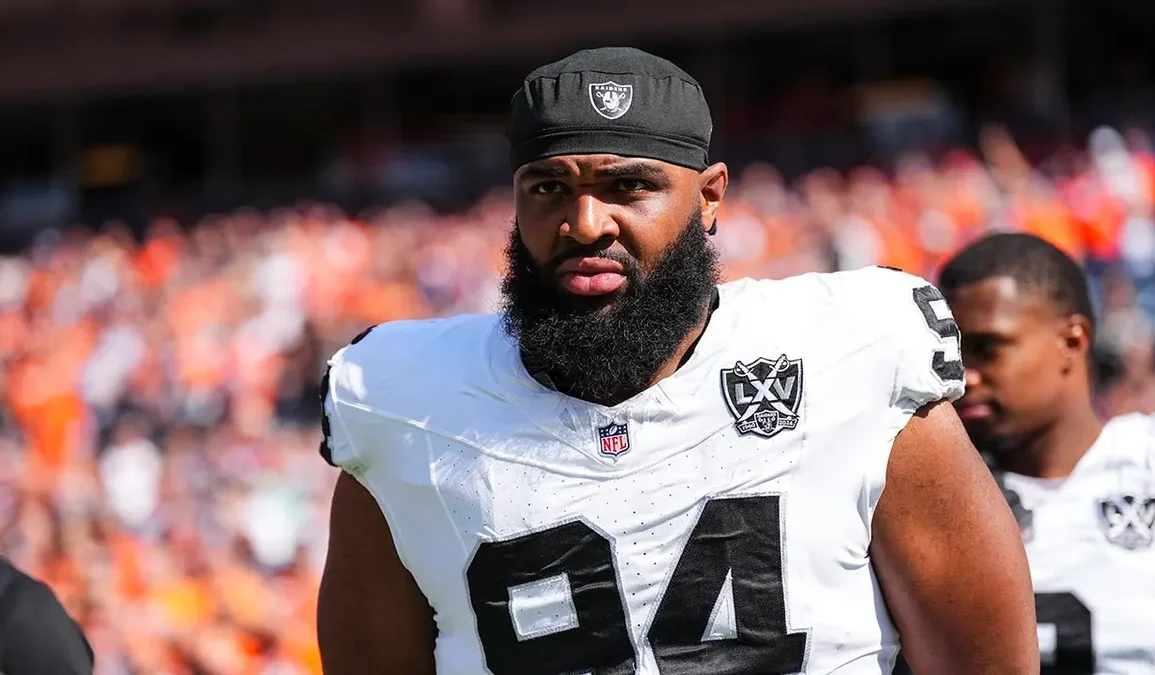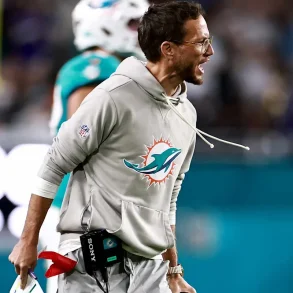The Las Vegas Raiders have voided over $35 million in guaranteed payments owed to defensive tackle Christian Wilkins. In response, Wilkins has filed a formal grievance challenging the decision.
The case centers on the interpretation of Wilkins’ contract language, which outlines specific conditions that can trigger a forfeiture of guaranteed money. While the team asserts their decision is contractually justified, Wilkins and his representatives argue that the Raiders have overstepped, raising questions about the validity and enforcement of such voiding clauses.
Contract Clause Lacks Clarity on Medical Disputes, Weakening Raiders’ Justification Against Wilkins
The Raiders are relying on a default clause within Wilkins’ contract, which outlines a range of scenarios that could nullify guaranteed payments. These include failure to report, suspension, breach of terms, off-field injuries from hazardous activities, and conduct detrimental to the team.
Notably, none of the outlined conditions directly address disputes arising from injury treatment decisions. While the clause is extensive and seemingly comprehensive, it lacks clear language relating to medical disagreements or injury management that doesn’t involve obvious misconduct.

The heart of Wilkins’ challenge is believed to be related to how an injury was handled, specifically, the team’s expectations around surgery or treatment options. According to NFL precedent, a player has the right to rely on medical advice, even if it differs from that of team physicians.
If Wilkins sought a second opinion and chose a treatment path recommended by a non-Raiders doctor, this may not constitute a breach of contract, despite the team’s apparent disapproval. This lack of clarity in the contract language could weaken the Raiders’ justification for voiding his guarantees.
Raiders’ Contract Dispute Sparks Debate Over Financial Motives and Player Trust Issues
The case also raises the question of intent: are the Raiders voiding the guarantees based on genuine contractual grounds, or is it an attempt to backtrack from a high-cost commitment? The concept of “full guarantee” is often misunderstood.
Guarantees typically cover skill, injury, and salary cap issues, but there are exceptions, such as conduct detrimental to the team. However, unless Wilkins’ behavior rises to that level and there’s no public evidence to suggest that the Raiders’ move may be seen as a strategic gamble rather than a straightforward contractual enforcement.
This grievance goes beyond legal interpretation; it reflects the Raiders’ new front office strategy. The team may be trying to reset after what it now views as a financially regrettable deal. By contesting the guarantees, the Raiders could be aiming to free up cap space or reassert financial discipline.
However, this move may come at the cost of player trust and organizational credibility. Ultimately, the dispute could become a significant test case in how NFL teams navigate contract enforcement in the age of aggressive cap management and evolving player rights.







